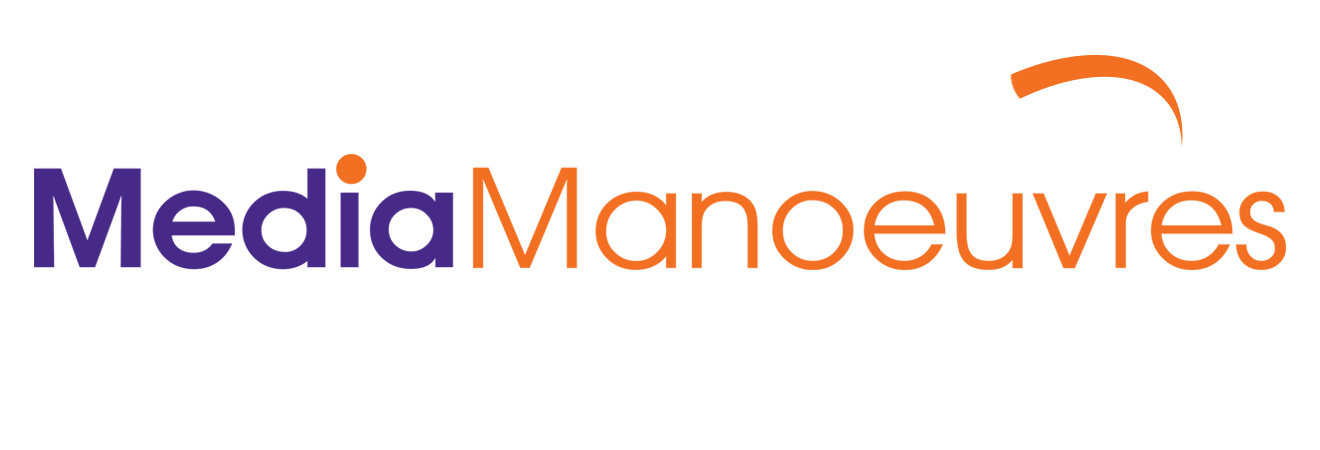Recent media reports have detailed the increasing problem of drugs in schools. Last month, News Limited media reported that “teenagers have been caught with ketamine, LSD and ice, and drug-dealing charges have been laid in 78 cases”.
Scores of school students have been suspended, or expelled, as a result of police drug investigations. And some would say that students at independent schools are more susceptible with greater access to funds.
This year, police arrested a boy, 16, at an independent boys’ school on the suspicion he was running a drug syndicate among the students.
This month we look at an article about a student found with drugs and the types of messages used by the school and education authorities in the media.
Schoolgirl caught with Ketamine at Mentone Girls’ Secondary College formal
Media Source: Herald Sun
Observations from Schools Media & Crisis Expert, Sam Elam
- Drugs in “exclusive”, “elite”, “prestigious”, independent schools is a hot story with a massive amount of editorial ‘value’ and in many cases will end up on the front page or as the featured online story. The headlines will be nasty and the potential damage to reputation serious. Parental schoolyard gossip can spread like wildfire and wreak havoc. No school wants to end up with the reputation of being a school full of drugs, as it can take a long time to be rid of that label, potentially affecting enrolments. This is an issue that cannot be ignored by schools. It must be addressed and addressed quickly when a drug issue becomes public or is about to become public.
- Each school needs to know ahead of time – as part of their critical incident plan – what the school’s position is on drugs. Is it zero tolerance resulting in suspension and/or expulsion or is it a support or counselling based response? Are police automatically called in? Whichever position a school decides to take can be messaged very well in the media. This is an individual school based decision which must be determined in plans. Communication and messages should also be determined and documented in the critical incident communications plan.
- In the featured article, the principal of the school chose the strategy of zero tolerance and suspended students. Her messages are resolute and definitive. This promotes a perception of a strong principal who is in control and managing decisively when things go wrong in her school, hence minimising damage. She also cleverly broadens the message away from the school and highlights the drug problem across our society to dilute the focus on the school.
Sam’s Advice
- Make sure you are prepared with your Critical Incident Plan and your Critical Incident Communications Plan covering all stakeholder groups and individuals. Being prepared will put you in an advantageous position to launch into damage control and protect the school’s reputation. It’s a risk to be without a plan.
- Do not run and hide from the media – this will harm your reputation and encourage bad editorial.
- The ongoing credibility, reputation and perception of a school hinges on the way its staff respond to a crisis.

